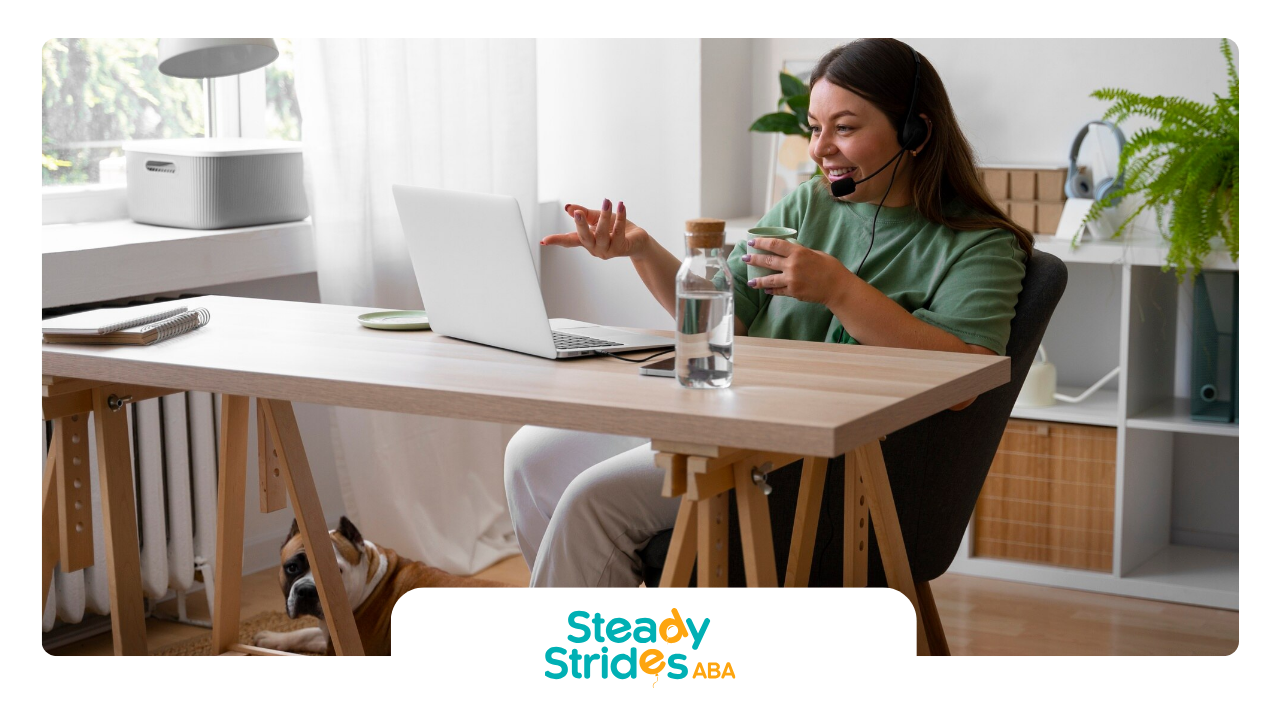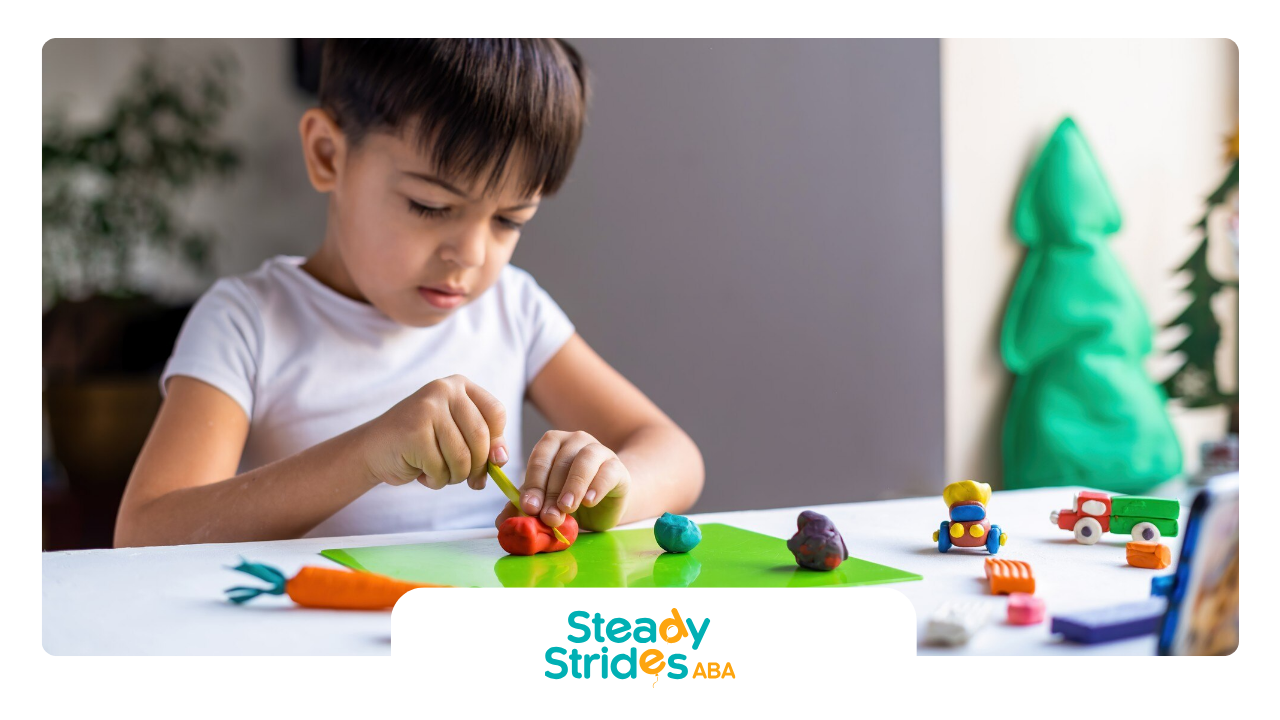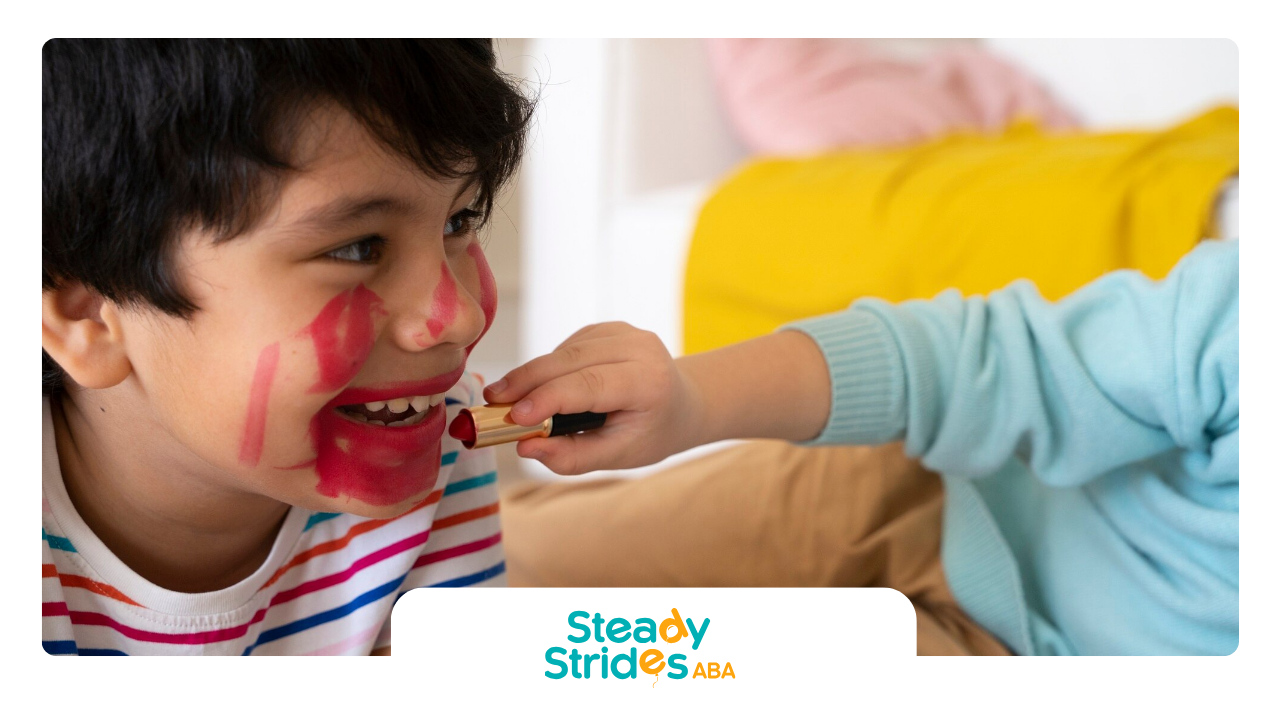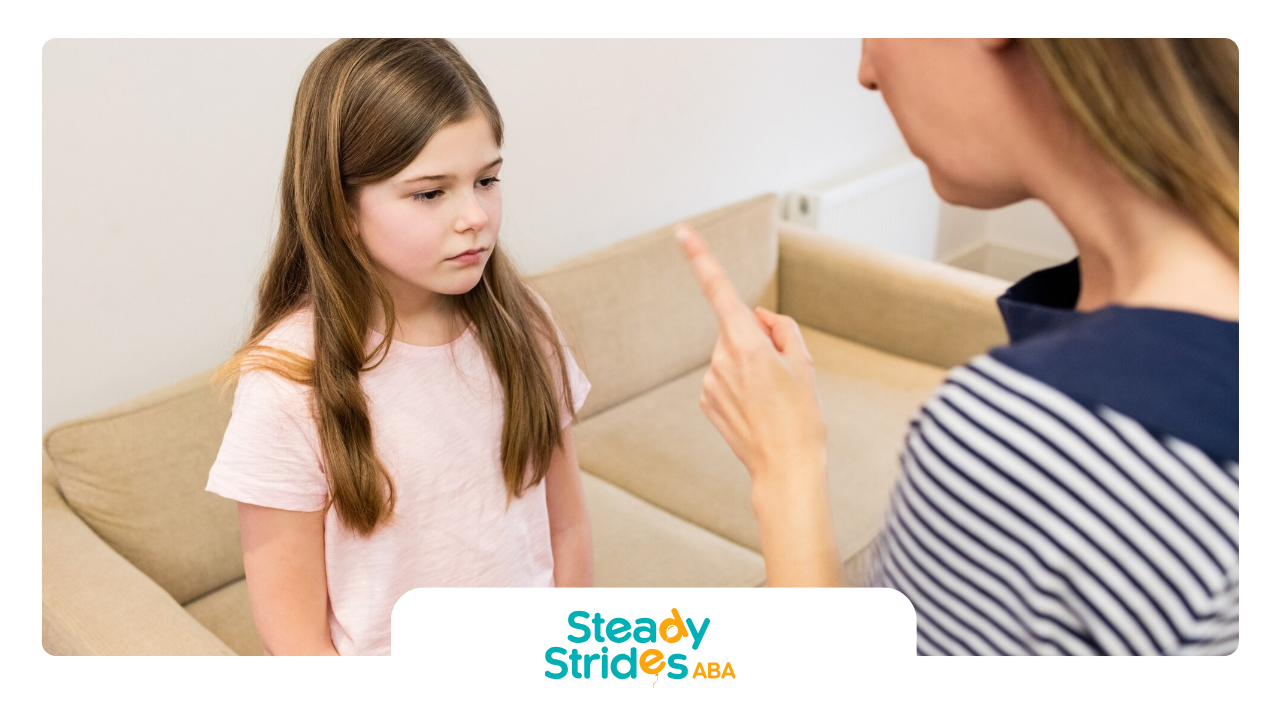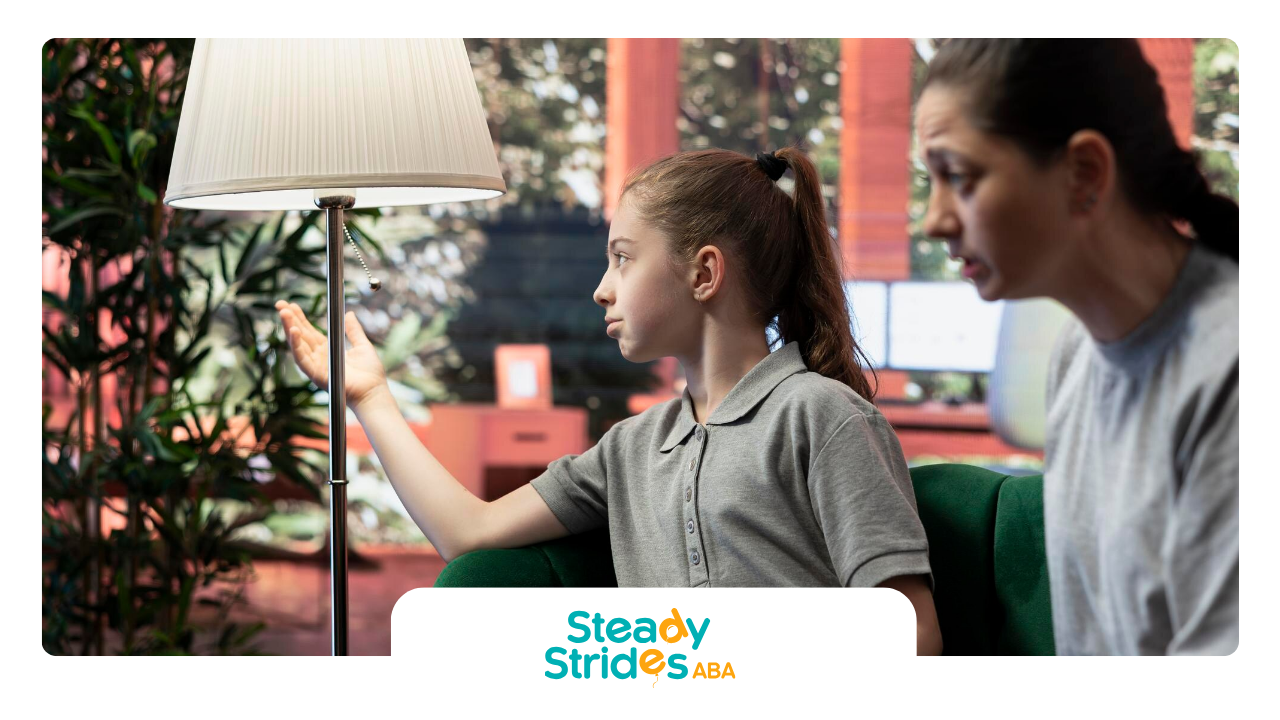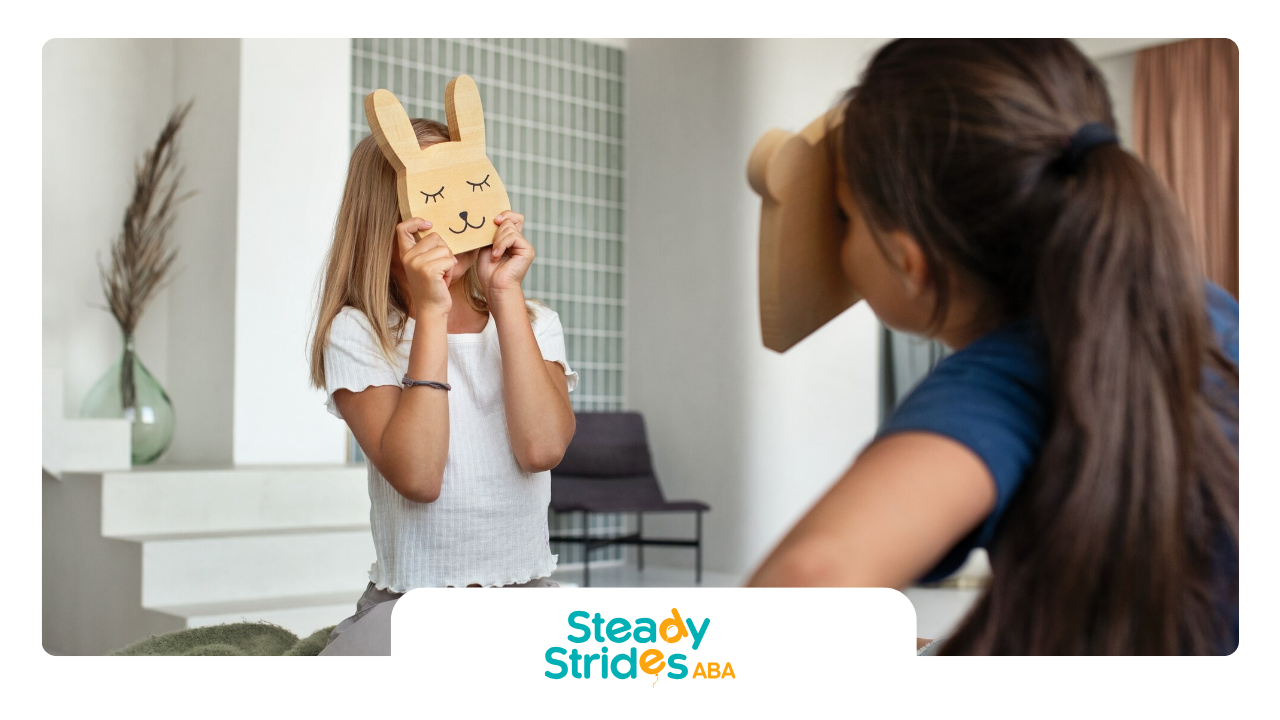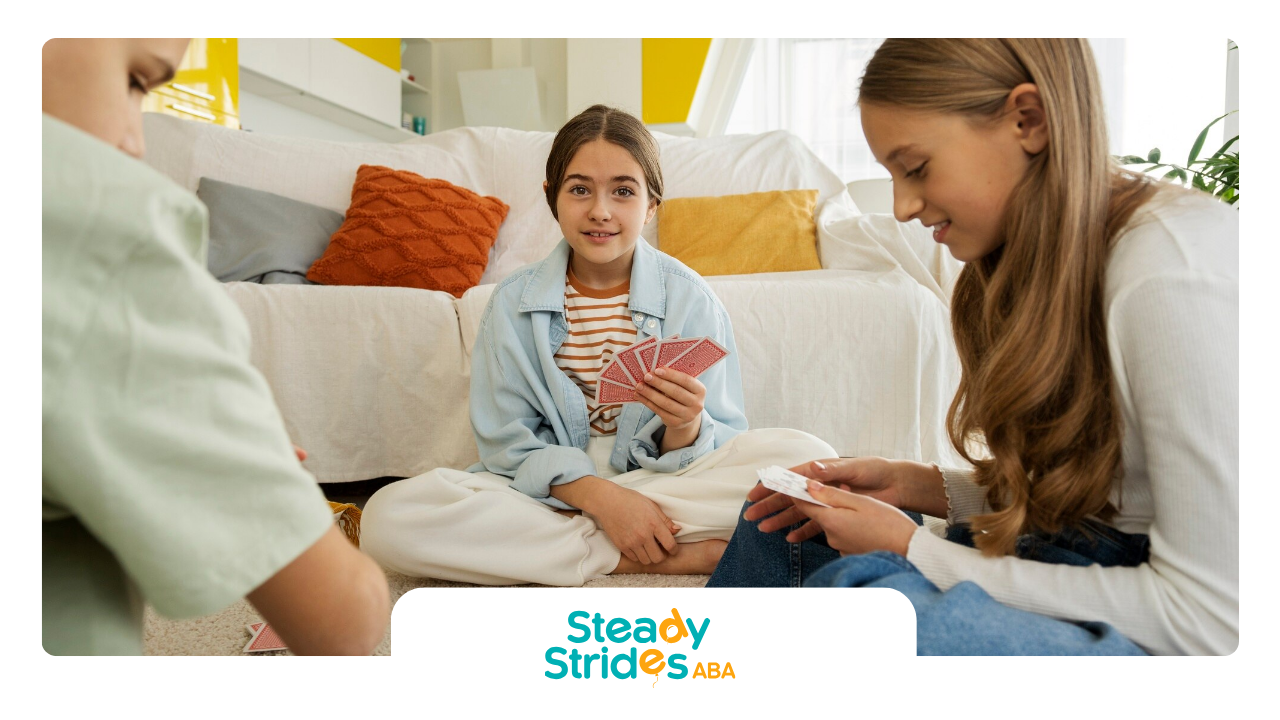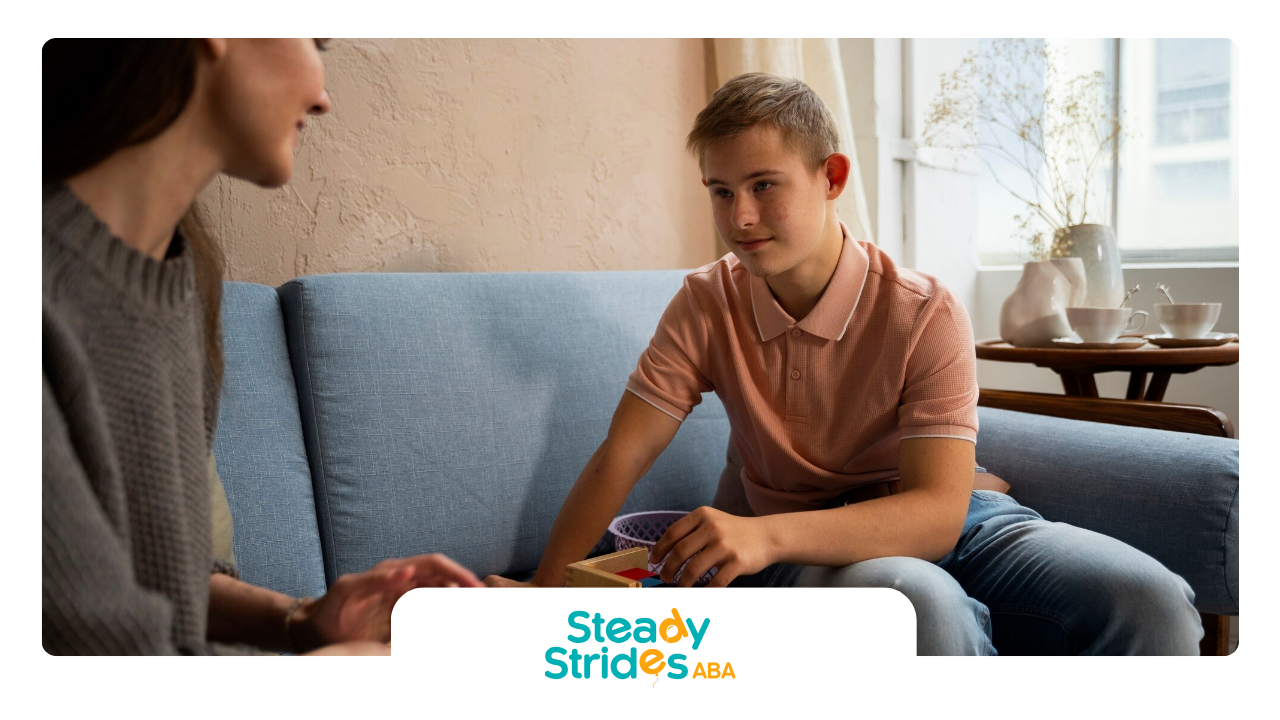Importance of Inclusive Games
Inclusive games have really stepped up to enrich the lives of folks with autism spectrum disorder (ASD) and similar conditions. By cooking up settings where everyone gets to play, these games help folks chat and provide some real therapeutic perks too.
Impact of Accessible Gaming
The gaming business is on a roll – worth an eye-popping $180 billion and hooking over 3 billion gamers worldwide. With the industry on the rise, the call for games that cater to all players is louder than ever. Games that welcome adults on the autism spectrum can supercharge their ability to mingle and boost their mood.
Gaming that's easy to access lets autistic adults play at ease, giving their confidence and people skills a nice lift. These games come loaded with features to chill out players and cut down on stress, like cool visual aids and controls you can tweak to your liking.
| Impact of Accessible Gaming | Description |
|---|---|
| Join the Fun | More autistic adults dive into gaming thanks to experiences just for them. |
| Boost Social Skills | Great chances to yak it up with friends and work as a team. |
| Calm and Collected | Features that create soothing settings and options that adjust to their needs. |
Inclusive Features in Video Games
Today’s video games have all sorts of tricks up their sleeves to make sure everyone, no matter the challenges, can jump in and have a blast. Here’s what they pack:
- Customizable Controls: Change up the controls to your groove, making life easier for everyone.
- Subtitles and Closed Captions: Handy for catching every word without straining your ears.
- Colorblind Modes: Tweaks for spotting colors, no matter how differently you see them.
- Adjustable Difficulty Levels: Opt for the perfect challenge that suits your style.
- Haptic Feedback: Buzzes and vibrations that give a bit of extra feel to the game.
- Flexible Tutorials: Learn the ropes at your own pace, fitting different ways of picking things up.
Games like "The Last of Us Part II," "Celeste," and "Assassin's Creed Valhalla" have won applause for making gaming accessible to all, with thoughtful features.
By baking these features into games, creators make sure autism-friendly games for adults aren't just fun but offer an all-around gaming high for folks with different needs. Want to know more about types of games? Check out our sections on board games for autistic adults, video games for autistic adults, and therapeutic games for autistic adults.
Sensory Activities for Autistic Adults
Sensory activities are big helpers for grown folks with autism, doing wonders in calming the senses and chilling out nerves. They offer a handy-dandy way to keep sensory stuff in check and bring a little more peace to everyday life.
Sensory Regulation and Anxiety Reduction
Doing sensory activities can really take the edge off for people with autism. It helps them handle different environments better, especially the ones that can feel like too much all at once. There’s stuff like weighted vests and blankets, which are like giving your body a warm hug. These tools have shown to help tone down anxiety and even boost positive behaviors in folks with autism.
Examples of Calming Sensory Activities
There’s a whole bunch of sensory activities out there that can bring that chill vibe needed for autistic adults. And the cool thing is, there’s something for everyone, no matter what you like. Here’s a snapshot of ideas that work:
| Activity | Description |
|---|---|
| Deep Pressure | Weighted blankets or vests that offer a steady, soothing hug. |
| Tactile Activities | Playing with stuff like playdough or sand to get those tactile senses going. |
| Visual Stimulation | Checking out calming lights or watching water features for a bit of zen. |
| Yoga | Stretching out with yoga can bring both relaxation and flexibility. |
| Aromatherapy | Essential oils add a calm vibe to the space. |
| Dance Parties | Moving with the music to lift the spirits. |
| Bubble Wrap Popping | Popping bubble wrap may just be the stress-buster needed. |
| Pottery | Playing with clay enhances fine motor skills and offers a creative calm outlet. |
| Fidget Toys | Tools that keep the hands busy and minds at ease. |
| DIY Sensory Activities | Crafting sensory bottles or bins tailored for unique sensory needs. |
You can get into these by yourself or get a group together, whichever floats your boat. Curious to learn more about fun things to do? Check out our stuff on sensory-friendly games for autistic adults and therapeutic games for autistic adults. These little escapes can make day-to-day a lot more enjoyable for adults with autism, bringing that much-needed balance.
Community Inclusion for Autistic Adults
Community inclusion can make autistic adults feel more connected and less isolated. Let's dig into the social hurdles they face and how we can boost their community involvement.
Social Interaction Challenges
Autistic adults often hit snags in social interactions 'cause reading certain social cues is tricky, making loneliness a frequent guest. A study highlights that the absence of social bonds is a major reason autistic individuals often feel lonely. These hiccups in social circles can mess with their life's enjoyment.
The employment scene isn’t any easier. Workplaces are buzzing hubs of socializing, yet autistic folks find fewer job opportunities than other disability groups. Plus, as they age out of youth-based support systems, many end up drifting without knowing about the social supports still available.
| Challenge | Description |
|---|---|
| Communication Difficulties | Trouble picking up on social nuances and holding chats |
| Limited Job Prospects | Hurdles in making friends at work and finding jobs |
| Lack of Information | Missing out on info about helpful services |
Promoting Community Engagement
Jumping into community programs like sports, arts, and more is key for autistic adults to dodge loneliness. Making these activities inviting and easy to join is a must.
How do we do that? Try these:
- Visual Aids: Use pictures and diagrams to clear up instructions.
- Small Group Settings: Learn in tinier groups to keep anxiety at bay.
- Different Learning Styles: Use tools like video demos for teaching social skills.
- Adaptive Resources: Share activity menus tailored to various abilities.
- Quiet Zones: Have chill spots for when folks need a breather.
Autistic folks bring fresh insights and skills to community spaces, helping boost creativity and empathy. Everybody should feel welcomed. For more engaging activities, check out our resources on board games for autistic adults, video games for autistic adults, and therapeutic games for autistic adults.
Microsoft's Accessibility Initiatives
Microsoft is out there, stirring things up in the gaming scene with a big ol' heart, making sure everybody, especially those on the autism spectrum, can jump onto the gaming wagon without a hitch. They've got some cool stuff cooking with Minecraft, paving a smoother path for autism-friendly games for adults.
Making Minecraft Autism-Friendly
Microsoft's been busy with its team of Garage interns tinkering away, like a bunch of determined elves, crafting nifty upgrades to make Minecraft more welcoming for autistic players. Gone are the days of squinting at cramped text. We're talking customizable everything—fonts, chats, colors, you name it. You can tweak the font type, line spacing, churn out a font size that doesn't strain your eyes, and splash some color into chat interactions, ensuring mentions pop right out. This whole initiative is about breaking down the walls, welcoming everyone, and wrapping the gaming community in one inclusive embrace.
And, hold up, it's not just a boon for autistic players. With the chat settings now in your control, you're looking at a platform that nurtures communication. It's like a digital hug ensuring everyone feels comfy and included. These changes mean you get to dive into the game's challenges without leaving anyone behind. More power to you, player!
Collaborative Research and User Studies
Now, we gotta give a nod to the brainy bunch at Microsoft Garage. Teaming up with social and behavioral wizards, they embarked on an information-hunting spree right in the autism community backyard. This wasn't a one-man show. They clicked their heads together to pull insights that shaped the game's features.
The upgrades didn't water down the game's challenge; it's still pumping with the thrill but now snug for everyone in the ride. By opening their ears to what the autism community had to say, Microsoft made sure this initiative wasn't about making things easier but about making things equal. It's like a loud statement that challenging gameplay and inclusivity can live together, side by side.
Microsoft's setting some serious examples for the gaming realm—taking strides, making everyone feel like they're part of the gaming gang. If you're in for more inclusive experiences, why not check out sensory-friendly games for autistic adults or perhaps dip your toes in therapeutic games for autistic adults?
Balancing Gaming for Autistic Adults
Getting the right mix of gaming time for folks on the spectrum is way important. Gaming’s got its perks, but let’s not pretend it's all sunshine. Overdoing it can cause some headaches, too.
Benefits of Gaming for Autistic Individuals
Games aren’t just for fun—they can also be a nifty little toolkit for building skills, making buddies, and sharpening that focus.
| Benefit | Description |
|---|---|
| Skill Development | Games often demand strategic genius and tackling problems head-on, giving your brain a good workout and polishing up those cognitive muscles. |
| Social Interaction | Jumping into online and multiplayer games pushes for chats and teamwork, a great way to cement social bonds and friendships. |
| Stress Relief | Gaming’s a chill pill, providing a sweet escape from life’s stresses and bringing down anxiety levels. |
| Increased Focus | Zoning into video games can hone attention to detail and boost concentration, making players more alert. |
Curious about different game types? Check out these cool options: board games for autistic adults and video games for autistic adults.
Risks of Excessive Gaming
But, hey, don’t go overboard. Too much gaming and you might hit some nasty bumps. For autistic people, these issues can be a real problem, like keeping you from being productive or leading to loneliness.
| Risk | Description |
|---|---|
| Reduced Productivity | Playing too much could turn responsibilities into yesterday’s news, and blur the line between work and play. |
| Social Isolation | Staying in virtual worlds too long might snuff out the spark of real interactions and friendships. |
| Vulnerability to Online Abuse | Stepping into online gaming makes you vulnerable to cyberbullying and exploitation. |
| Impaired Life Skills | Getting too wrapped up in gaming might mean missing out on life’s other adventures and physical activities. |
It's smart to keep a mix of activities—head outside, get moving, and hang out with others. This way, autistic adults can soak up the game's benefits without getting tangled in the more troublesome parts. For more therapeutic picks, have a peek at therapeutic games for autistic adults and sensory-friendly games for autistic adults.
Customized Game Interventions
Playing games ain't just playtime anymore; for adults on the autism spectrum, it's like finding gold for learning and self-discovery. These specialized games aren't just about fun; they help boost social interaction and sharpen those mental gears.
Gamification for Making Life Fun Again
We're talking turning life into a game here—like adding a sprinkle of sugar to veggies. It's all about making everyday interactions just as thrilling as the latest video game release. In autism-friendly games for adults, players rack up points, climb levels, and cheer at the sight of progress bars. It's a high-five to the brain, encouraging socializing and connecting with others.
Studies say that games can be the secret recipe for learning things like sharing, waiting your turn, and knowing how to get along with folks. By wrapping therapy inside an interactive package, folks are drawn to participate in activities that naturally promote social ties. Feast your eyes on the table below, breaking down how these game tricks work their magic:
| Game Trick | What's It All About? |
|---|---|
| Points Galore | Battle it out to earn points by hitting goals |
| Leveling Up | Climbing levels makes achievements feel like a slam dunk |
| Progress Meter | Watching that bar fill up is like seeing your future self doing great things |
These elements transform learning into a game itself, making it way more fun and adding a sense of control and accomplishment.
Zeroing In on Key Skills with Games
Games work wonders when customized to hone in on skills that need a little extra muscle. Many get absorbed in narrow interests, so creating games that align with those is essential. Step into their shoes with games aimed at boosting social smarts, reading emotions, and working as a team - all while slinging spells or solving puzzles together.
Whether it's old-school board games or those fancy video games, there's something for everyone's tastes. Some board games get communication and teamwork gears turning, while digital ones can toss players into real-world social puzzles needing savvy solutions.
| Game Style | What's Getting Better? |
|---|---|
| Board Games | Focus, strategy, sharing turns |
| Video Games | Spotting emotions, teamwork, nimble thinking |
These tailor-made games spark specific skill growth while keeping the joy intact for those on the spectrum.
Parents, teachers, and therapists can tap into this gamification magic to create autism-friendly games that nurture growth and foster social bonds. These fresh approaches not only champion personal development but sow seeds for a warmer, more inviting world for autistic folks.



